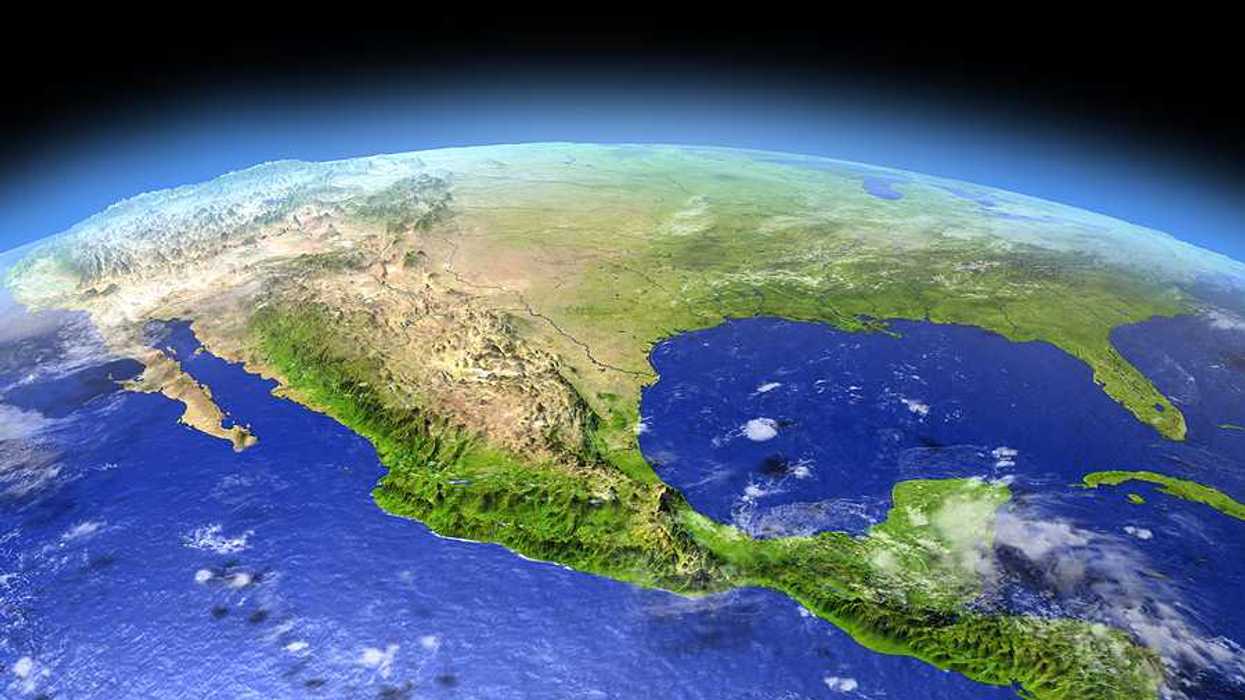Public health officials in New Jersey used electronic medical record (EMR) systems to identify and provide resources to residents facing serious health risks from arsenic-contaminated drinking water, according to a report published in the Journal of Public Health Management & Practice.
In short:
- In Hunterdon, NJ, over 16% of residents’ private water supplies exceed the state’s safety limits for arsenic. This includes up to 70% of wells in some areas.
- By incorporating questions about drinking water into the EMR systems used by local doctors, public health officials were able to test 152 private wells and alert 31 families of unsafe arsenic levels in their water.
Key quote:
“Despite ongoing interest to integrate environmental health and electronic health information for public health work, EMR systems that capture individual environmental health risk factors are still rare.”
Why this matters:
Although 45 million Americans rely on private wells for their drinking water, there are no federal regulations that help protect them from harmful chemical and heavy metal contamination. Ingesting arsenic can have serious health effects, but environmental hazards like arsenic are typically overlooked by doctors who have no insight on individuals’ risk of exposure. This report highlights how new technology in patient care can be a powerful tool in helping doctors and agencies collaborate to increase public health and awareness.
Related EHN coverage:
- Op-ed: Arming doctors with knowledge about PFAS pollution
- Visiting health care professionals take “environmental justice tour” of Pittsburgh
- Opinion: Water injustice on display in the Southwest US
More resources:
- LISTEN: Agents of Change in Environmental Justice podcast
- The Endocrine Society: Let’s Talk EDCs: Resources for clinicians and patients
Flanagan, Sara et al. for Journal of Public Health Management & Practice vol. 30, 4. July 2024
- Lincoln County NC slow to respond to extremely high levels of arsenic in residents' drinking water ›
- New Mexico: Water utility in Doña Ana Co. sent customers ‘high levels of arsenic’ in their tap water ›

















